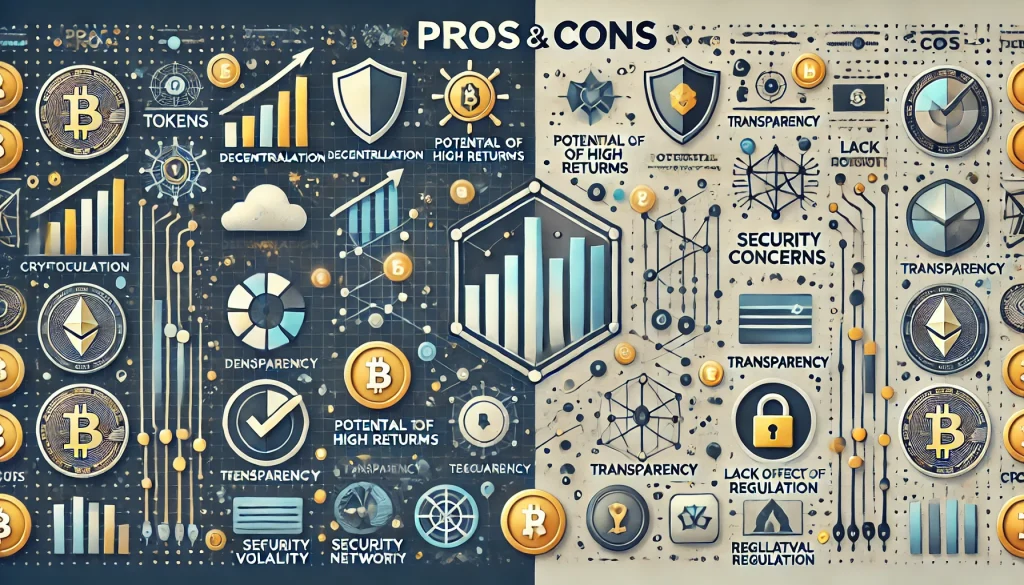Introduction

The world of cryptocurrency continues to evolve, and tokens play a pivotal role in this digital ecosystem. In 2024, cryptocurrency tokens are becoming increasingly important as they provide unique functions within blockchain networks. This review aims to provide an in-depth analysis of these tokens, exploring their key features, benefits, and potential drawbacks. Whether you’re a seasoned investor or new to cryptocurrency, it’s important to understand these tokens in order to make informed investment decisions.
Overview
Cryptocurrency tokens are digital assets that represent various utilities on a blockchain platform. Unlike traditional cryptocurrencies like Bitcoin or Ethereum, tokens can represent assets like voting rights, membership points, or physical objects. The versatility of tokens and their integration within decentralized applications (dApps) makes them an attractive option for developers and investors alike. In 2024, the focus is on enhancing the functionality and security of these tokens to ensure they remain at the forefront of the cryptocurrency market. Key functions of these tokens include the ability to facilitate transactions, represent ownership, and provide access to specific services within the blockchain network.
Pros and cons

Pros
- Versatility: Cryptocurrency tokens can be used for a variety of purposes, from voting rights to access to exclusive content. This flexibility makes them attractive to a wide range of industries and sectors.
- Security: Many tokens are built on secure blockchain networks, so transactions are secure and transparent.
- Integration with dApps: Tokens are often used within decentralized applications to provide users with seamless access to services and features.
- Easy to create: Developers can easily create tokens using existing blockchain platforms, enabling rapid innovation and new use cases.
Cons
- Volatility: Like most digital assets, tokens can experience large price fluctuations in a short period of time based on market fluctuations.
- Regulatory uncertainty: The legal status of tokens varies from country to country, and changes in regulation can affect the value and usability of tokens.
- Complexity: For beginners, it can be difficult to understand how tokens work and their role within a blockchain network.
- Security risks: While many tokens are secure, some may be vulnerable to hacking or other security breaches, especially if they are not properly audited.
Deep dive analytics

Design
Cryptocurrency tokens are designed with a specific purpose in mind: some utility tokens provide access to a specific service or platform, while others are security tokens that represent ownership of an asset. The design of a token is critical because it determines its functionality and usability within the blockchain ecosystem. For example, Ethereum’s ERC-20 standard is the most widely used token design and can be easily integrated with a variety of dapps and wallets.
Features
The functionality of a token is largely determined by the blockchain it’s based on. For example, Ethereum-based tokens benefit from the Ethereum Virtual Machine (EVM), which enables complex smart contracts and interactions within the network. Other blockchains, such as Binance Smart Chain, offer similar features, but with different advantages and disadvantages, such as transaction speed and cost. In 2024, the focus is on improving the scalability and interoperability of tokens so that they can work seamlessly across multiple blockchains.
Usability
From a user’s perspective, the usefulness of a cryptocurrency token is determined by its ease of use, integration with wallets, and in-app accessibility. Most tokens are stored in digital wallets, providing users with a convenient way to manage their assets. However, usability can be hindered by factors such as network congestion or high transaction fees, which remains an industry challenge.
Comparison to other digital assets
Compared to traditional cryptocurrencies like Bitcoin, cryptocurrency tokens offer more specialized functionality. While Bitcoin is primarily a store of value, tokens can represent anything from an ownership stake in a company to access to a platform. This makes them more versatile, but also more complex to understand and value. Tokens also differ from non-fungible tokens (NFTs) in that they are generally fungible, meaning that each token is identical to the other.
| Features | Cryptocurrency tokens | Existing cryptocurrencies | NFTs |
|---|---|---|---|
| Fungibility | Substitutable | Substitutable | Irreplaceable |
| Use cases | Various (utilities, security) | Storing values | Unique digital assets |
| Regulation | Varies by jurisdiction | Reduce regulatory ambiguity | New regulations |
Conclusion
In summary, cryptocurrency tokens are an important component of the blockchain ecosystem, offering a range of features that go beyond traditional cryptocurrencies. While they come with challenges, including volatility and regulatory uncertainty, their potential for innovation and integration within a variety of platforms makes them an exciting investment opportunity in 2024. Whether you’re participating in a new dApp or investing in a security token, understanding the pros and cons of these digital assets is essential.
Evaluation
4/5 – Cryptocurrency tokens are versatile and offer great potential, but they are not without risk.
FAQ
What is a cryptocurrency token?
A cryptocurrency token is a digital asset that represents various utilities within a blockchain network, such as access or ownership.
How are tokens different from cryptocurrencies?
Tokens are built on top of existing blockchains and can represent a variety of assets, whereas cryptocurrencies like Bitcoin have their own blockchain and are primarily used as a medium of exchange.
What are the risks associated with investing in tokens?
Risks include market volatility, regulatory uncertainty, and potential security vulnerabilities within the token code.
See also
- Raza, A. (2023, December 15). 12 top crypto token sales of 2024: A comprehensive review. LinkedIn. Retrieved, https://www.linkedin.com/pulse/12-top-crypto-token-sales-2024-comprehensive-review-ali-raza-5gnfe/
- Coinbase. (n.d.). What is a token?. Retrieved from https://www.coinbase.com/learn/crypto-basics/what-is-a-token
- Investopedia. (2022, April 29). Crypto token. Retrieved from https://www.investopedia.com/terms/c/crypto-token.asp
